A Talk about Jewish Questions, the Lives of Women, and Expectations of Literature
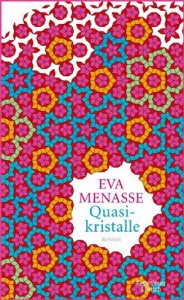 This blog is edited by three women, all of whom are between their mid-30s and 40. They all studied literature, and try to reconcile to one another their commitment to their profession, their interests, and their private lives. At the center of the latest novel by Eva Menasse, Quasikristalle (2013, ‘Quasicrystals’), is Xane Molin, an at first younger, and then progressively older woman trying to square her career with her wish to be there for her children and to live a good life. In each chapter Quasicrystals takes a different look at her life – and we take different looks at the novel in our discussion here.
This blog is edited by three women, all of whom are between their mid-30s and 40. They all studied literature, and try to reconcile to one another their commitment to their profession, their interests, and their private lives. At the center of the latest novel by Eva Menasse, Quasikristalle (2013, ‘Quasicrystals’), is Xane Molin, an at first younger, and then progressively older woman trying to square her career with her wish to be there for her children and to live a good life. In each chapter Quasicrystals takes a different look at her life – and we take different looks at the novel in our discussion here.
Mirjam Bitter: Since in German substantives referring to persons are not gender-neutral, I re-named our blog’s literature series from the masculine “junge jüdische Autoren”, in more gender-neutral German, to “junge jüdische Autorinnen und Autoren,” that is, “young Jewish women and men authors.” In doing that, it occurred to me that, so far, we have only talked about male authors. What do you think about introducing a woman next?
Mirjam Wenzel: I’m reading Quasicrystals at the moment, by Eva Menasse, and I’m curious what you all think about the book. → continue reading
Employees of the Jewish Museum Berlin answer the question.
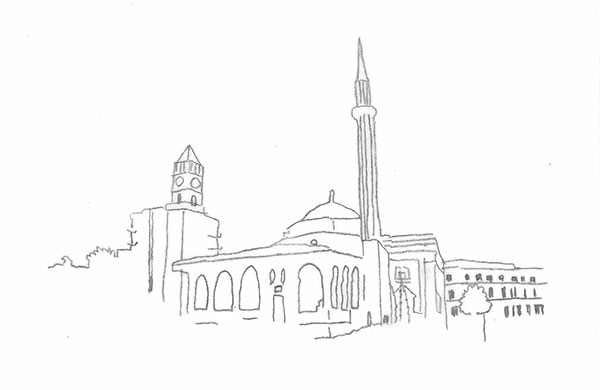 “My sound of the year was the muezzin’s call to prayer from the Et’hem-Bey Mosque in Tirana, that wafted through the night like one of Blixa Bargeld’s sound installations.”
“My sound of the year was the muezzin’s call to prayer from the Et’hem-Bey Mosque in Tirana, that wafted through the night like one of Blixa Bargeld’s sound installations.”
Julia Jürgens, Events
“The music that accompanies my daily trip to work hums along discreetly in my headphones. But at the sound of one track, my hand automatically moves to the volume control. Muzarco’s ‘instinct mostly’ on Lost and Found Records is something to listen to, something to make a person curious. The artist and the label are part of a fresh, lively scene in Tel Aviv, comments the moderator at the end of the track. And in fact, I find further interesting pieces on this label, which is based in Tel Aviv and was just founded in 2012. Hypnotic, spatially structured house, techno, and ambient sounds distinguish the selected releases and stir an appetite for more. Good music doesn’t always have to come from the region that typically dominates – it can come from somewhere unexpected.”
Andreas Harm, Finance
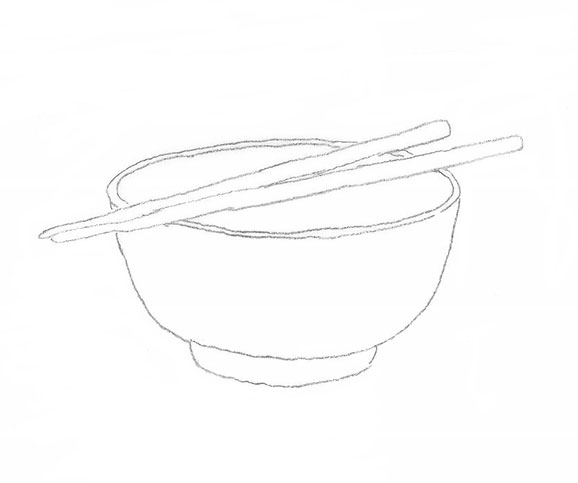 “The lip-smacking and slurping relish during meal scenes in the films of Hong Sang-soo.”
“The lip-smacking and slurping relish during meal scenes in the films of Hong Sang-soo.”
Johannes Rinke, Visitor Services
“For me the sound of the year was the flashing of photographers’ cameras on the red carpet at the conferral of the Prize for Understanding and Tolerance. Most of all at the entrance of German President Joachim Gauck and the prizewinner Richard von Weizsäcker, the tumult around the red carpet could hardly be contained as every photographer tried to lay claim to the best spot for shooting.”
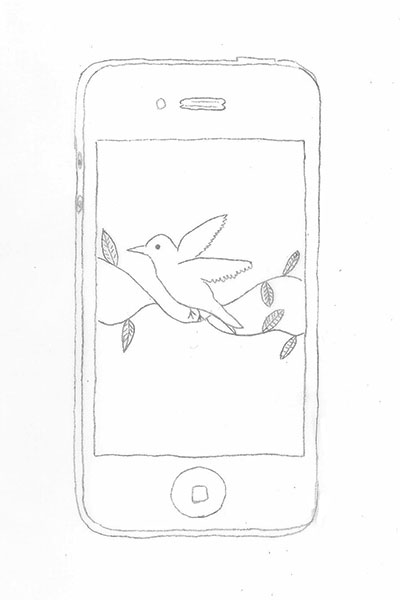 Sylvia Winkler, Press
Sylvia Winkler, Press
(editor’s note: Photographs of this evening can be downloaded here.)
“My sound of the year is the chirping of birds – my colleague Karin’s ringtone – that always brings spring back into my office.”
Diana Dressel, Education
Employees of the Jewish Museum Berlin answer the question.
“My word of the year is ‘diversity’. I haven’t heard or read anything so often this year. Most often at panel discussions, and sometimes seen on the street.”
Julia Jürgens, Events
(editor’s note: See the video documentation on the series of events ‘Visions of Belonging’)
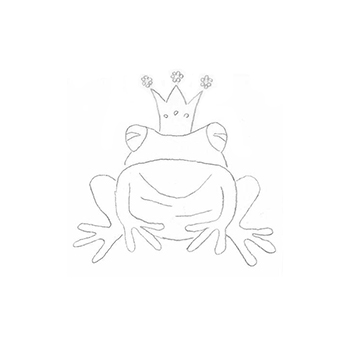
“My word: Besucherfroschung (visitor frogging) – a nice typo that … lept out at me several times while I was editing an academic article on the subject of Besucherforschung (visitor research).”
Christiane Birkert, Visitor Research
“The word Augenscheinseinnahme (visual inspection). I came upon this term while I was researching the Auschwitz trial: it referred to the local inspections at Auschwitz with which the court examined the content of witness statements for their veracity.”
Monika Flores Martínez, Exhibitions
“A corrective – that is, a critical observer – is something everyone needs.”
Katrin Möller, Marketing
“My word of the year is ‘bio-clip-boom,’ which came up in a lecture by Geoffrey Hartman at the Preserving Survivors’ Memories Conference, and it captured for me the intensity of audio-visual self-creation in the era of facebook, youtube, blogs, etc.”
Katharina Obens, Visitor Research
(editor’s note: A brief report on the conference can be found here.)
 This blog is edited by three women, all of whom are between their mid-30s and 40. They all studied literature, and try to reconcile to one another their commitment to their profession, their interests, and their private lives. At the center of the latest novel by Eva Menasse, Quasikristalle (2013, ‘Quasicrystals’), is Xane Molin, an at first younger, and then progressively older woman trying to square her career with her wish to be there for her children and to live a good life. In each chapter Quasicrystals takes a different look at her life – and we take different looks at the novel in our discussion here.
This blog is edited by three women, all of whom are between their mid-30s and 40. They all studied literature, and try to reconcile to one another their commitment to their profession, their interests, and their private lives. At the center of the latest novel by Eva Menasse, Quasikristalle (2013, ‘Quasicrystals’), is Xane Molin, an at first younger, and then progressively older woman trying to square her career with her wish to be there for her children and to live a good life. In each chapter Quasicrystals takes a different look at her life – and we take different looks at the novel in our discussion here.


